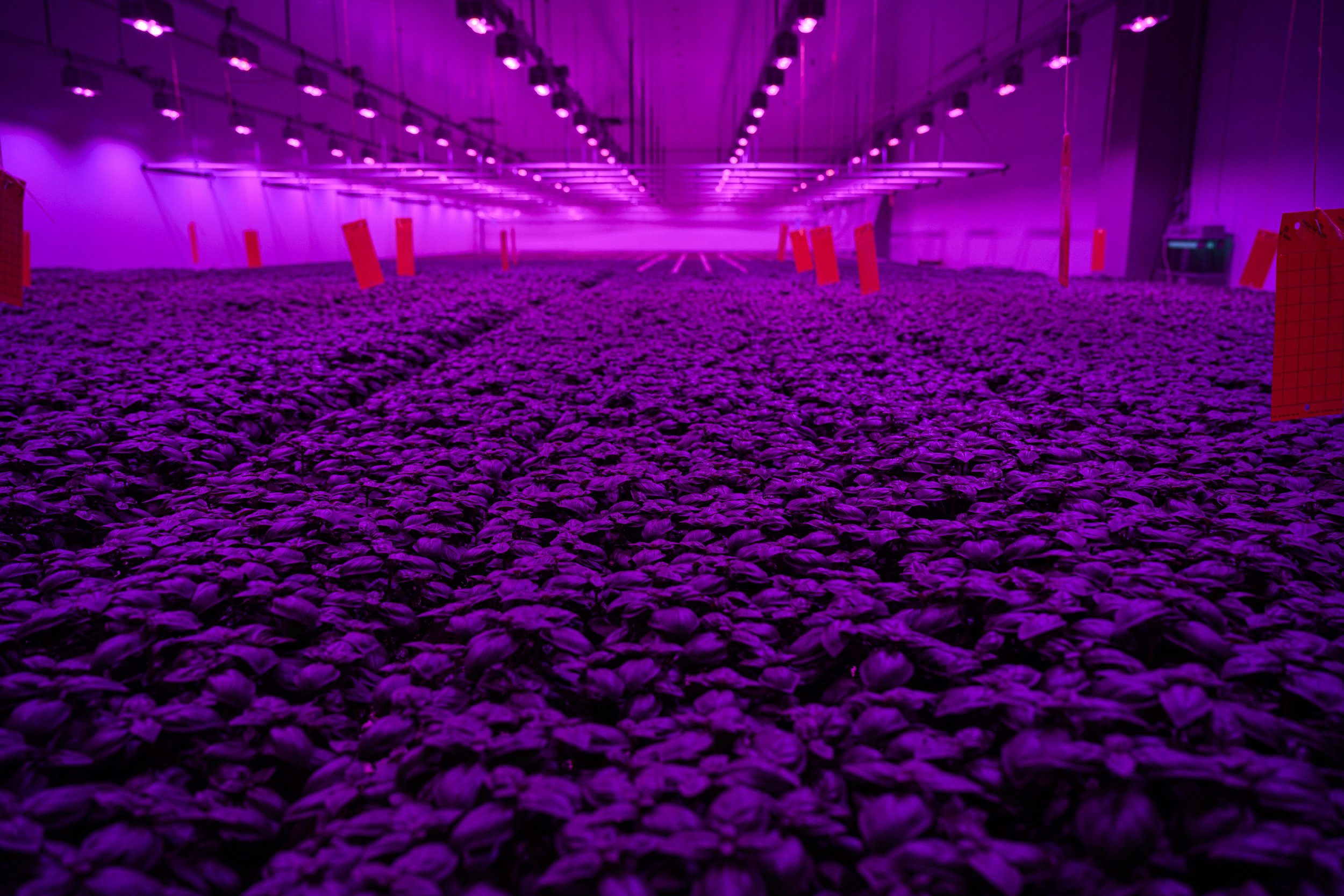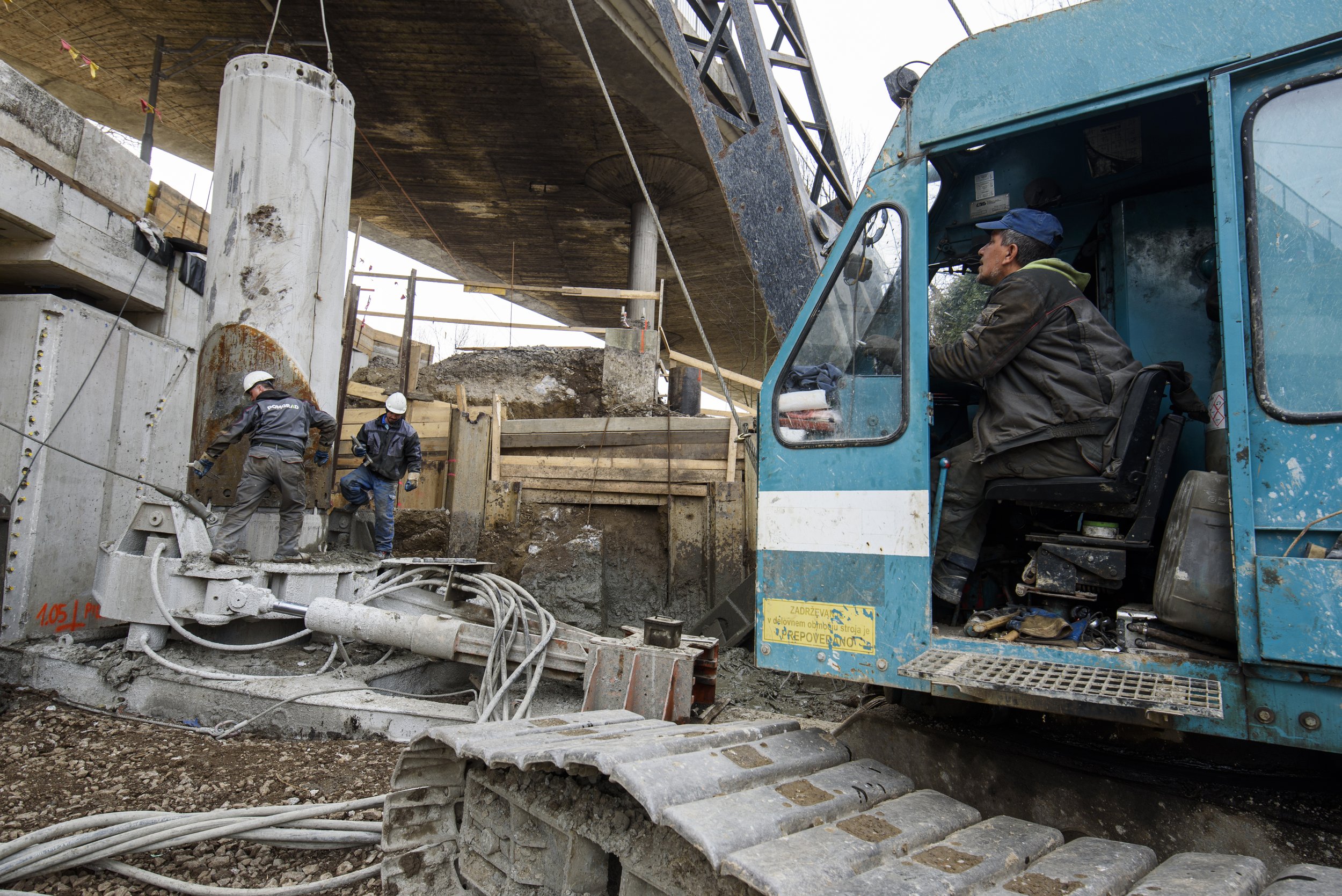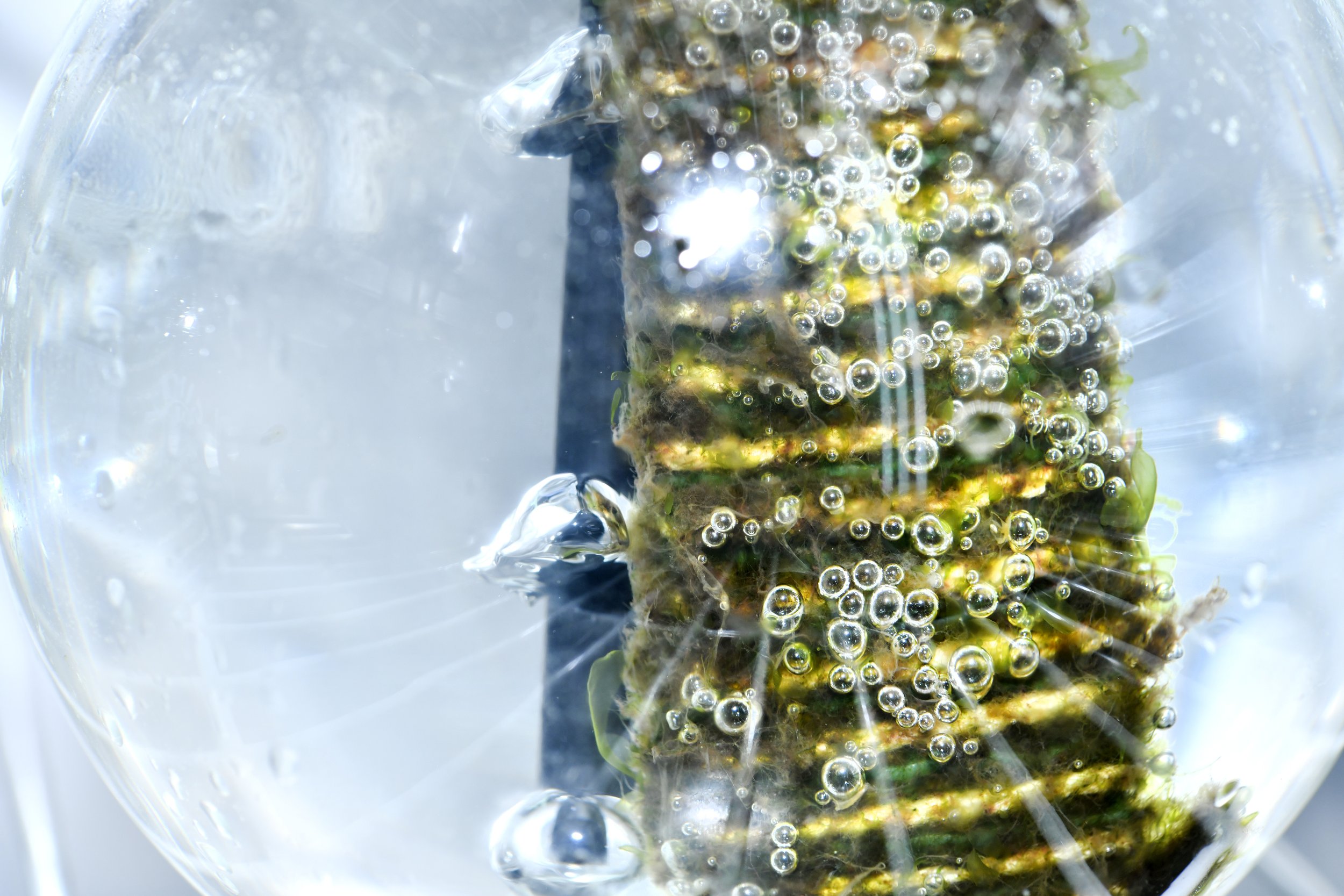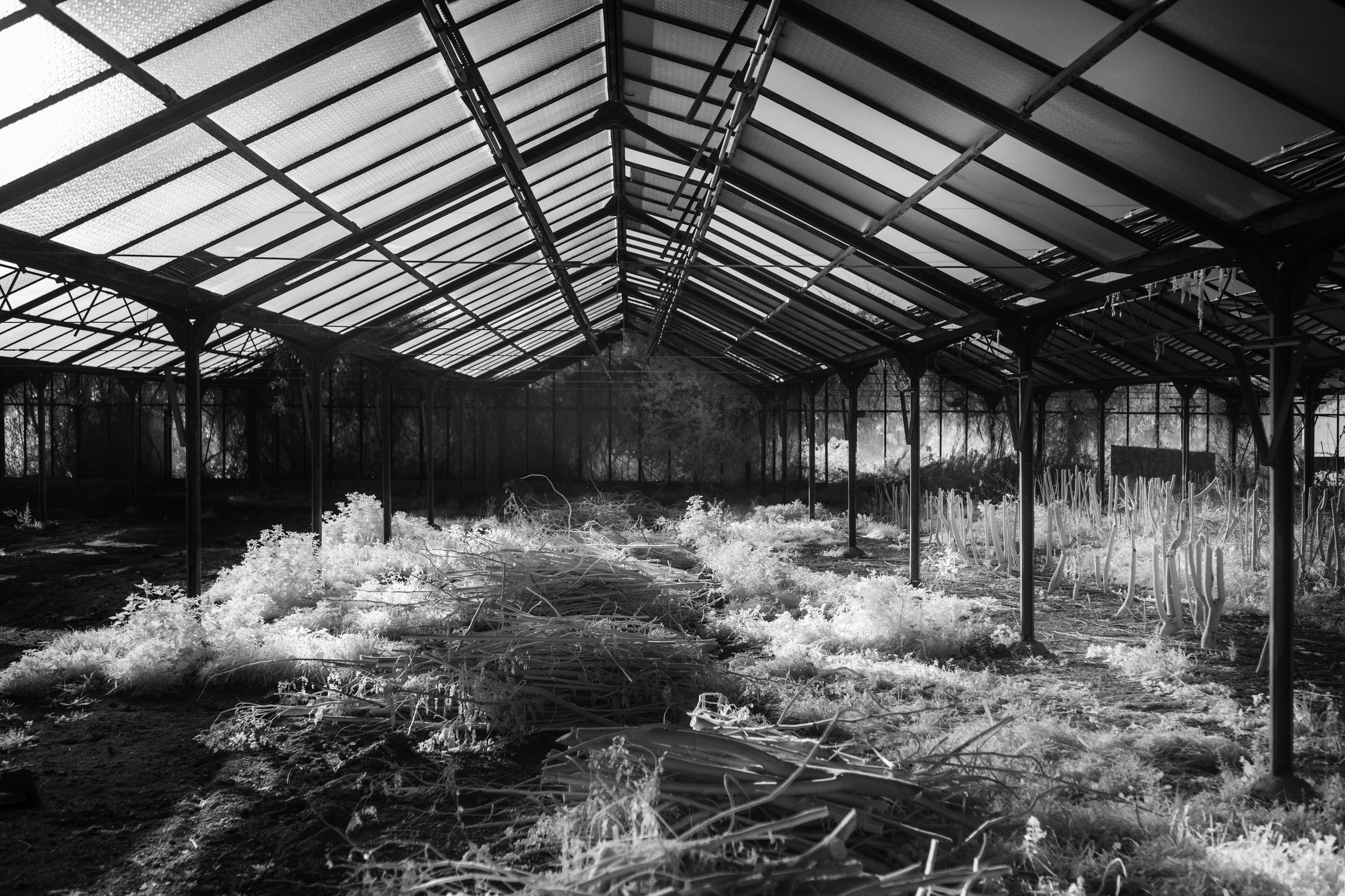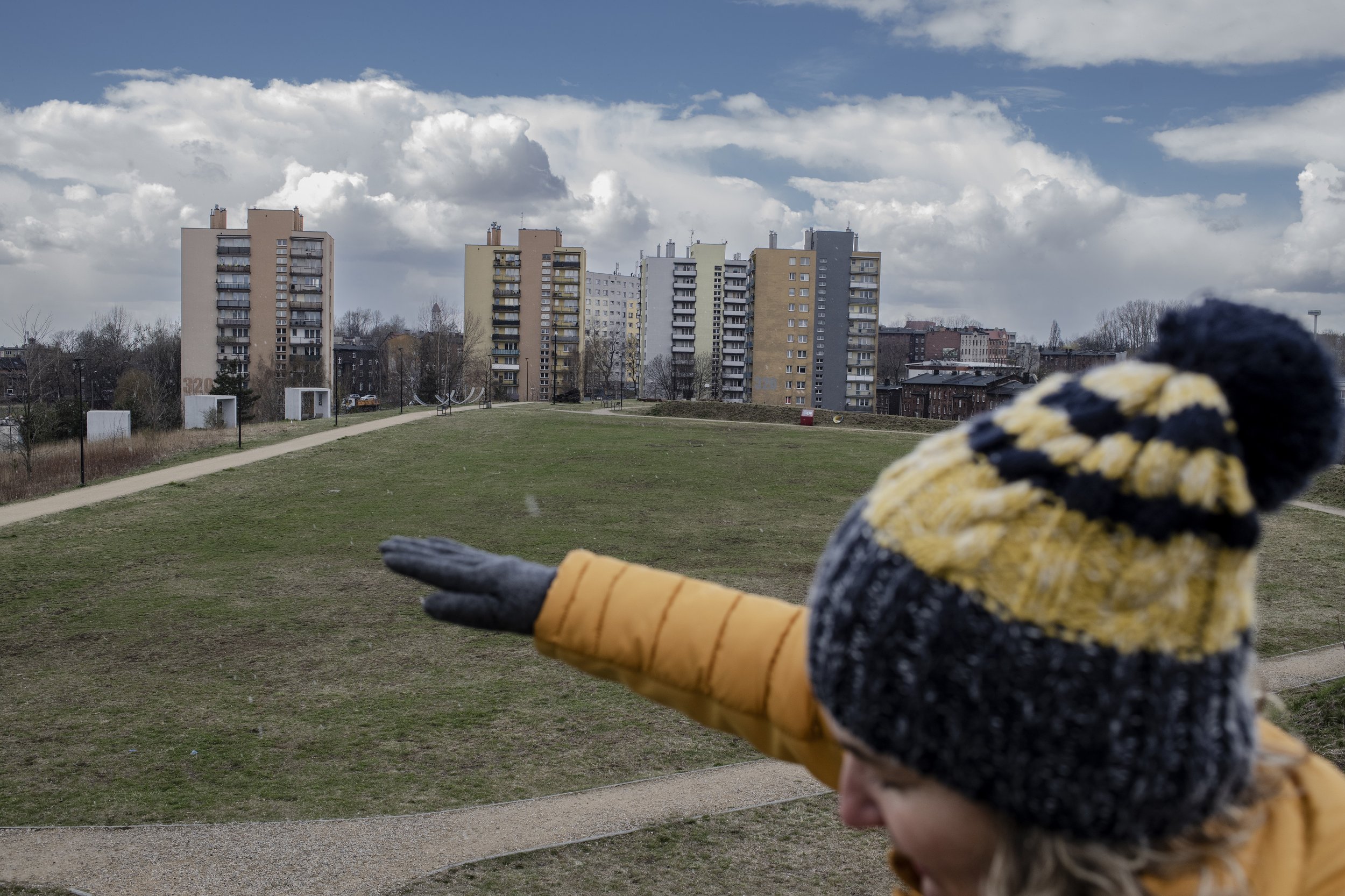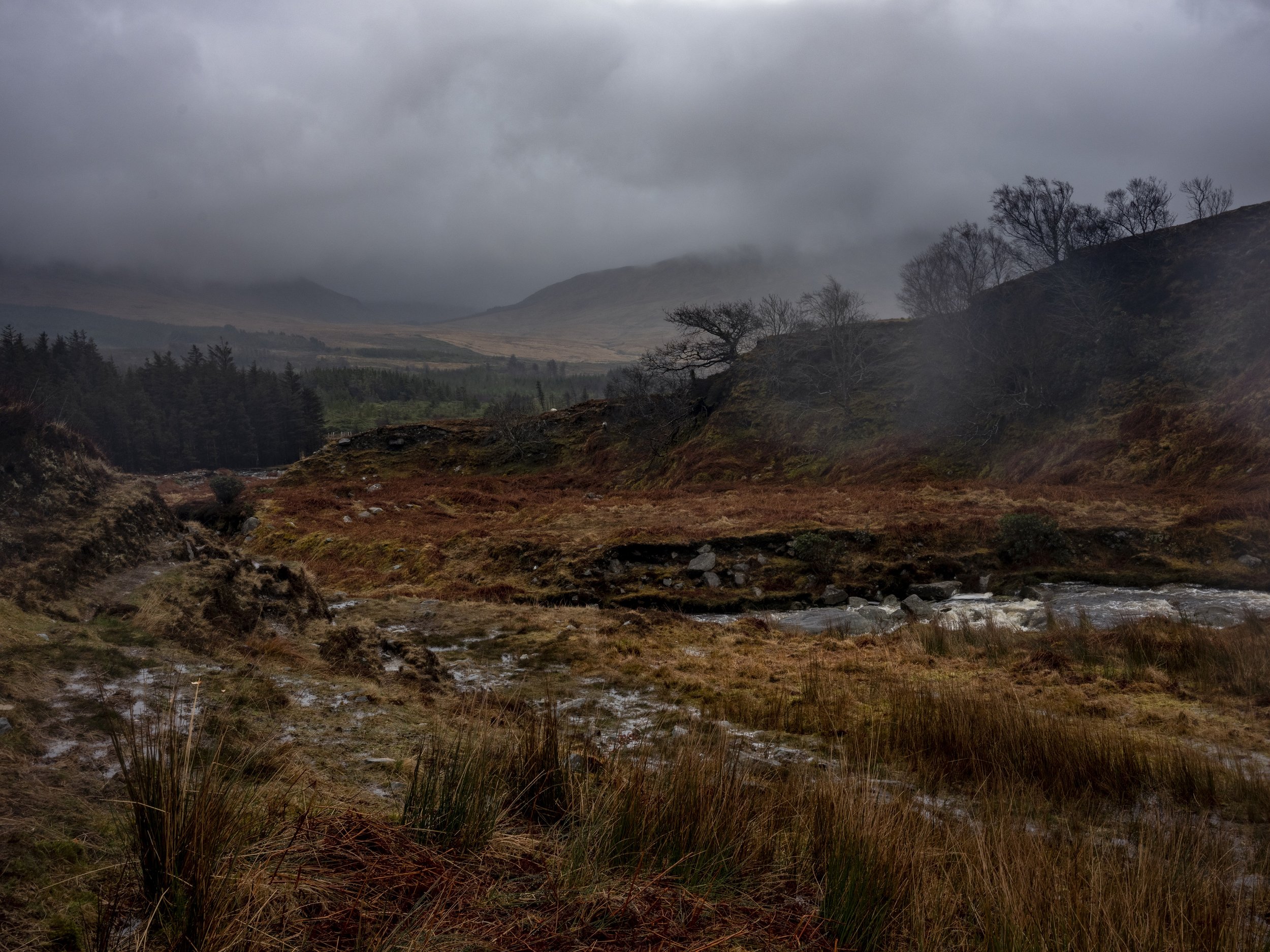Green Shoots
BY NOOR
Stories
© Kasia Strek
Green Shoots is a transnational visual reportage of a selection of ten environmental initiatives supporting the implementation of the European Green Deal in ten European countries.
Right after the Coronavirus pandemic outbreak and the European Commission Recovery Plan was presented in 2019, NOOR understood the need to launch a long-term photography project documenting initiatives supporting the implementation of the EU Next Generation program. While implementation of the program takes shape, this set of ten stories aims at providing a visual glimpse into the vast efforts and diverse green-led initiatives that are already taking place across Europe in the field of food production, distribution and consumption, protection of underwater ecosystems, boost for rail travel, energy transition and more.
Green Shoots is a group project carried out by five NOOR authors (Pep Bonet, Alixandra Fazzina, Bénédicte Kurzen, Olga Kravets and Kadir van Lohuizen) in collaboration with five local photographers from Eastern Europe (Katja Goljat, Ciprian Hord, Kasia Strek, Achilleas Zavallis and András Zoltai).
The NOOR stories are available in our archive. You can also navigate through the stories on the dedicated website GREEN SHOOTS platform.
East Mediterranean Blues
STORY BY ACHILLEAS ZAVALLIS
Decades of unsustainable farming and grazing practices, deforestation, and poor groundwater management are taking their toll. With Earth’s population projected to balloon to 9.8 billion by 2050, we must explore new food production methods.
Despite these challenges, Cyprus has created a small yet thriving aquaculture sector, supported by strict governmental quality and environmental controls. The island’s strong sea currents also help things along, cleaning the waste created by large concentrations of fish in one place.
As a result, Cyprus can not only cover a big part of the local demand for fish, but it can export its produce in a world where its reputation is nothing but superb.
SEE MORE FROM THIS STORY
© Achilleas Zavallis
© Ciprian Hord
Tell me what you eat
STORY BY CIPRIAN HORD
During the communist era, Romanian people had to endure gruelling food shortages and deprivation. It is easy then to understand how, following that chapter, mass production and consumption took the country by storm. There was an influx of imported goods, and small peasant farms that were dismantled by communists now faced a new threat—supermarkets.
But a new generation of consumers is coming to the fore. They favour local products not only for health reasons, but because they reflect traditions. By buying local, consumers know they are strengthening social cohesion and community spirit, contributing to the development of self- identity. They also know that their purchases provide employment opportunities and contribute to the preservation of rural space and the development of a sustainable, green economy.
SEE MORE FROM THIS STORY
Indoor farming in Amsterdam
STORY BY KADIR VAN LOHUIZEN
Given the purchasing opportunities we’re surrounded with, it’s easy to forget that strawberries used to be a summer fruit, or that the main supplier of avocados to the European market is halfway across the world in Peru. Human ingenuity now allows us to get anything we want, anywhere, at any time, but that luxury comes at a price.
Founded in 2010 in Den Bosch, PlantLab specialises in innovative urban farming technology, using LEDs to boost daylight. The goal is to optimise food production in relatively small areas without using chemical agents, all while reducing water consumption and working towards ensuring the sustainable food supply of the future.
SEE MORE FROM THIS STORY
© Kadir van Lohuizen / NOOR
© Katja Goljat
A story of renewal for Slovenian railways
STORY BY KATJA GOLJAT
Slovenia has over 1,200km of railways, with a history dating back to 1846. The railways were a source of beauty and pride for generations of railwaymen, technicians, and engineers, connecting the country to Austria and Italy.
After independence in 1991, however, there was a shift. Slovenian authorities invested mainly in the development of motorways. Cars took priority over trains, and many railway lines in Slovenia were left in disrepair.
Now, many fail to meet European transport requirements. But in the last fifteen years, whispers of change have grown louder and turned into action. On July 1st 2021, the European Commission endorsed Slovenia’s recovery and resilience plan, which emphasised sustainable mobility as part of the country’s green transition.
Thanks to an investment of almost 300 million euro from NextGenerationEU, Slovenia’s rail infrastructure is undergoing a massive transformation.
SEE MORE FROM THIS STORY
Aquatic gardens: Galician macroalgae or the food transformation
STORY BY BÉNÉDICTE KURZEN
Think of the ocean as a garden. The Galician and Cantabrian seabeds are some of the richest in the world. The unique mix of waters gave birth to a magnificent landscape, home to hundreds of edible varieties of seaweed in all shapes and colours.
Antón Muiños is familiar with a great many. Having started diving at just five years of age, his passion grew into a company, Porto-Muiños, which now harvests seaweed and turns it into pasta, paste, or dried flakes for chefs all around the world.
Interest in algae has boomed in recent years. The European Commission declared it an important source of alternative protein for global food security. Algae is a perfect candidate for the Farm to Fork Strategy, one of the key components of the European Green Deal. But at the core of seaweed harvesting lies a key question: how can mass human consumption be reconciled with sustainability, accessibility, and cost.
SEE MORE FROM THIS STORY
© Bénédicte Kurzen / NOOR
© Pep Bonet / NOOR
Terra Llum
STORY BY PEP BONET
Mediterranean soils have, on average, less than 1% carbon. By definition, that puts them in a category of ‘pre-desertification’, incapable of supplying food to their population. European food security is at risk. And that’s not nearly the full picture. Ten million hectares of fertile soil are lost from the planet every year. Every year, enough soil to cover Portugal disappears. And it’s not coming back if we continue with agriculture as usual.
Circle Carbon Labs are all about the environment and the communities that make it. Their farm is a showcase for what happens when you grow vegetables and trees in their selection of special soils. The COVID-19 pandemic saw them growing fast, becoming so popular that they developed into a large-scale operation, ramping up from 500m2 to what will be more than 5,500m2 of indoor produce. A further 2,500m2 of outdoor cultivation will soon follow.
SEE MORE FROM THIS STORY
Loos-en-Gohelle: metamorphosis that embraces the past
STORY BY OLGA KRAVETS
‘Here, the landscapes are not made up of pink granite, clear seas, or mountain peaks covered with eternal snow. Here, a human being had dug, extracted and built the mountains. And the concept that changed everything here is that the history of miners is worth the history of kings!’ Jean-Francois Caron, mayor of Loos-en-Gohelle, member of Europe Ecology – The Greens
Loos-en-Gohelle could have followed in the sorrowful footsteps of many mining towns across the world, accepting its fate and allowing decay to do its work. People grieved the loss not only of their jobs but their pride. The mining industry that they once held in such high regard shapeshifted and started to be seen as predatory. But then-mayor Marcel Caron was not afraid of embracing a challenging and costly transformation.
SEE MORE FROM THIS STORY
© Olga Kravets / NOOR
© András Zoltai
The gold of the Great Plain: geothermal initiatives in Hungary
STORY BY ANDRÁS ZOLTAI
Despite the extraordinary number of thermal wells present in Hungary, very strict regulations and the relatively high cost of entry make geothermal energy the least exploited renewable energy source in the country. Even so, it still has a key role in achieving the 2030 mid-term climate neutrality goals, and in June 2021, the Hungarian Ministry of Innovation and Technology announced its support for geothermal heating projects by covering the handling of the geological risks of the first wells. This has made Hungary the seventh country in Europe to introduce a state-supported de-risking scheme.
One of the EU’s Sustainable Development Goals is to ‘ensure access to affordable, reliable, sustainable, and modern energy for all. In this sense, geothermal initiatives might become a real substitute to fossil fuels in European countries where hydrogeological conditions allow their development.
The growth in this sector depends on whether the EU recognizes the potential of geothermal projects in decarbonization and encourages stakeholders to invest.
SEE MORE FROM THIS STORY
Local efforts to write green future over black coal history in Silesia
STORY BY KASIA STREK
Silesia is considered the centre of coal mining in Europe and the most industrialised region in Poland. It is also home to the highest number of the most polluted towns and cities in the European Union.
Last year the government signed a deal to end coal mining in the country by 2049. The transition will take time, but a shift is visible in the actions of local communities. Despite official statements from mining companies to the contrary, mines are lowering their working capacities and shutting down one by one.
Not only do young people not want to follow in their ancestors’ footsteps and work in the mines, but the social consciousness about the environment, clean air, and the impact of coal seems higher here than in other regions.
SEE MORE FROM THIS STORY
© Kasia Strek
© Alixandra Fazzina / NOOR
Black Mountains
STORY BY ALIXANDRA FAZZINA
Peatlands store vast amounts of carbon. Covering just 3% of the Earth’s land surface, peatlands hold twice as much carbon as all the world’s forests. Protecting and restoring Europe’s peatlands is key to delivery of the UN’s Sustainable Development Goals, representing one of the best lines of defence against climate change and its impacts.
On western shores, where the Atlantic Ocean rains down its waters, shaping the landscape, Ireland’s peatlands are one of Europe’s last great wildernesses. Unique ecosystems, these dark yet fragile habitats that cloak the hills not only absorb and store vast amounts of carbon but also clean and regulate water, playing a key role in preventing flooding. Degradation of the peatlands, however, has reached a critical tipping point.
SEE MORE FROM THIS STORY
WITH THE SUPPORT OF
